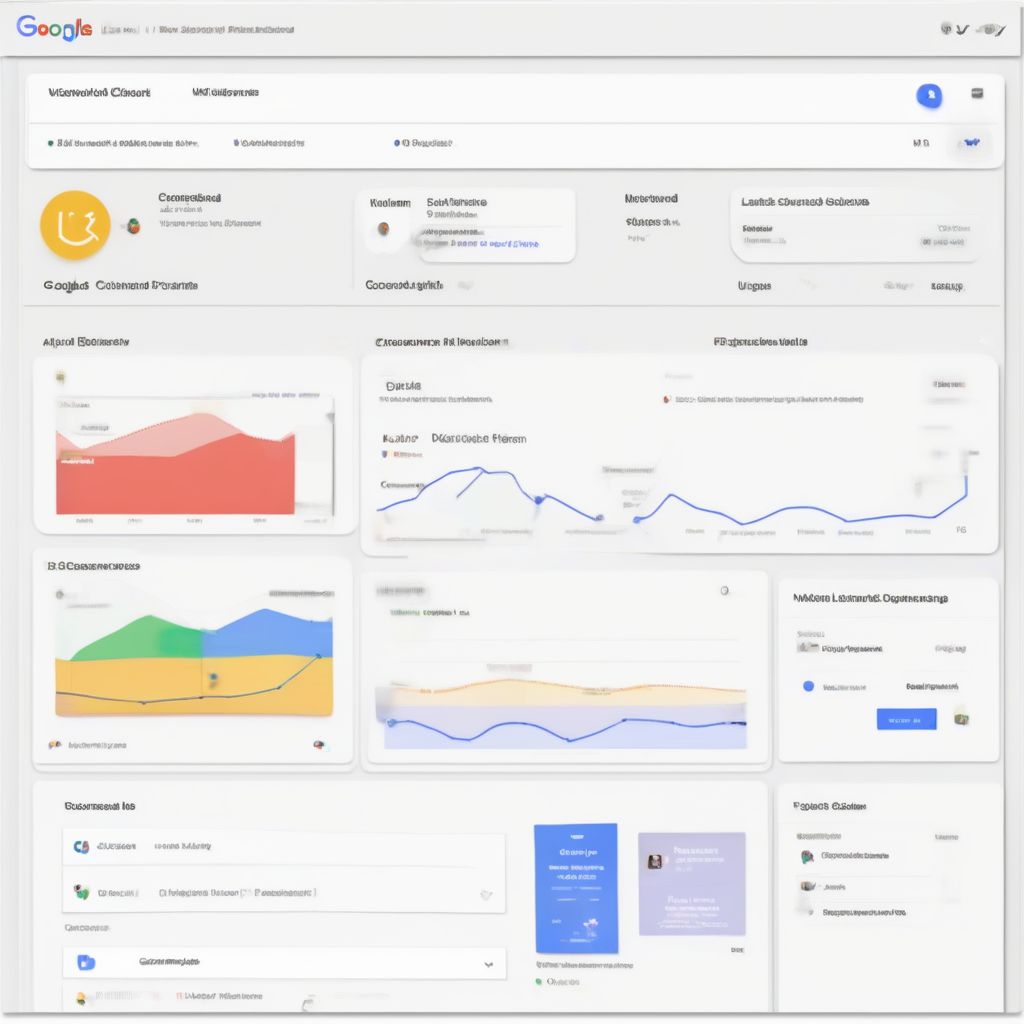Imagine this: you’ve poured your heart and soul into building a fantastic web application. Now, it’s time to share it with the world. But choosing the right platform to host and scale your app can feel like navigating a maze. Two popular contenders often top the list: Cloud Run and Google Kubernetes Engine (GKE).
This article dives deep into the Cloud Run vs. GKE debate, equipping you with the knowledge to make an informed decision for your specific needs.
Understanding the Core Concepts: Cloud Run and GKE
Before we pit them against each other, let’s clarify what Cloud Run and GKE actually are:
Cloud Run: Think of Cloud Run as the epitome of simplicity in the serverless world. It abstracts away all infrastructure management, letting you focus solely on your application code. You provide your containerized app, and Cloud Run automatically scales it up or down based on demand, even down to zero when inactive.
Google Kubernetes Engine (GKE): GKE, on the other hand, offers a managed Kubernetes experience. Kubernetes is an open-source system for automating deployment, scaling, and management of containerized applications. While incredibly powerful and flexible, GKE demands more DevOps expertise compared to Cloud Run’s hands-off approach.
When to Choose Cloud Run: A Serverless Dream
Cloud Run shines in scenarios where:
- Speed and Simplicity Reign Supreme: You need to get your application up and running quickly without the overhead of infrastructure management.
- Automatic Scaling is Crucial: Your application experiences variable traffic, and you need a platform that dynamically scales resources to match demand.
- Cost-Effectiveness is Key: Cloud Run’s pay-per-use billing model ensures you only pay for the resources your application actually consumes.
Here are some use cases where Cloud Run excels:
- Microservices and APIs: Deploying small, independent services that can be scaled individually.
- Web Applications: Hosting web applications with varying traffic patterns.
- Event-Driven Applications: Handling event triggers from sources like message queues or webhooks.
cloud.mualaptophanoi.com/wp-content/uploads/2024/07/cloud-run-use-cases-66a9b9.jpg" alt="Cloud Run Use Cases Illustration" width="1024" height="1024">Cloud Run Use Cases Illustration
When to Choose GKE: Unleashing the Power of Kubernetes
GKE emerges as the superior choice when:
- Customization and Control are Paramount: You require granular control over your infrastructure and want to tailor it to your specific requirements.
- Complex Applications Demand Orchestration: You’re dealing with applications composed of multiple interconnected services that need sophisticated deployment and management.
- Leveraging the Kubernetes Ecosystem: You want to tap into the vast Kubernetes ecosystem of tools, services, and community support.
Consider GKE for:
- Large-Scale Applications: Managing applications with high traffic and complex scaling needs.
- Machine Learning Workloads: Deploying and managing machine learning models and pipelines.
- Stateful Applications: Running applications that require persistent storage and complex networking.
Cloud Run vs. GKE: A Head-to-Head Comparison
To further clarify the differences, let’s compare Cloud Run and GKE across key aspects:
| Feature | Cloud Run | GKE |
|---|---|---|
| Deployment Model | Serverless, fully managed | Managed Kubernetes, requires Kubernetes knowledge |
| Scalability | Automatic, scales to zero | Manual or autoscaling based on custom metrics |
| Cost | Pay-per-use, billed by request and resource consumption | Pay for cluster resources, even when idle |
| Management Overhead | Minimal, focus on application code | Higher, requires Kubernetes expertise |
| Customization | Limited, predefined options | Extensive, full control over cluster configuration |
Making the Call: Which Platform Aligns with Your Needs?
The ultimate decision between Cloud Run and GKE hinges on your specific application requirements, technical expertise, and desired level of control.
- If ease of use, rapid deployment, and automatic scaling are top priorities, Cloud Run is your go-to solution.
- If you need the flexibility, customization, and control of Kubernetes, GKE empowers you to build and manage sophisticated deployments.
No matter your choice, both Cloud Run and GKE empower you to leverage the scalability and reliability of Google Cloud, freeing you to focus on what matters most: building exceptional applications.
What are your thoughts on Cloud Run and GKE? Share your experiences and questions in the comments below! Let’s keep the conversation going.


